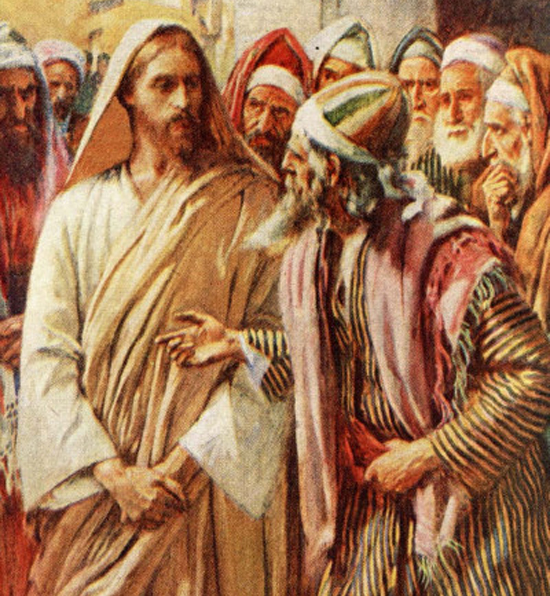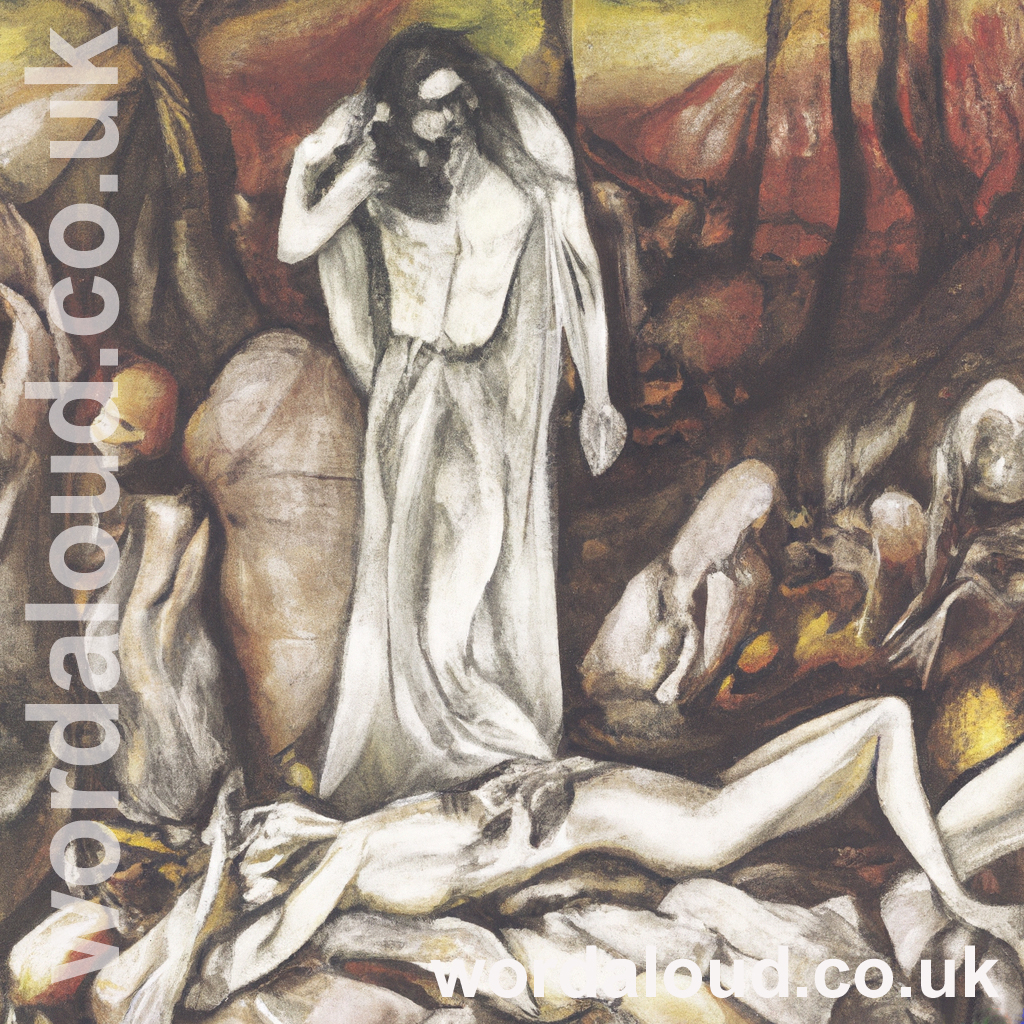Christian Art | Saint John Chrysostom
Born in Antioch in 349 AD, Saint John Chrysostom was known for his eloquence and his ability to connect with his audience. He is best known for his sermons and homilies, which continue to be studied and used in worship services today. However, Saint John Chrysostom was not only a great preacher but also a theologian, moral and social teacher, and bishop who had a profound impact on Christian thought and practice.
‘Prayer is the light of the soul, the true foundation of faith and the firm support of hope, the door to God, the delight of angels, the scourge of demons, the shield against temptations, the safe harbor for the ships of our salvation.’
Early Life And Education
Saint John Chrysostom was born into a wealthy family in Antioch, which was then one of the largest and most cosmopolitan cities in the Roman Empire. He received an excellent education in rhetoric and philosophy, which prepared him for a career in law or public speaking. However, he was drawn to Christianity and eventually decided to become a monk.
‘Nothing is equal to prayer; for what is impossible it makes possible, what is difficult, easy.’
Early Career As A Monk And Preacher
Saint John Chrysostom spent several years as a monk and hermit in the mountains outside Antioch, where he devoted himself to prayer, fasting, and meditation. He also developed his preaching skills, delivering sermons to the local people who sought him out. His reputation as a preacher grew, and he was eventually ordained as a deacon and then as a priest.
‘Let us give alms because these alms give us pleasure that is eternal.’
Spiritual Journey And Conversion
Saint John Chrysostom’s conversion to Christianity was influenced by his reading of the Bible and the writings of the early Church Fathers. He was particularly drawn to the works of Saint Paul, which emphasized the importance of faith, hope, and love. His spiritual journey also included a deepening commitment to asceticism and a growing concern for the poor and marginalized.
‘If you cannot find Christ in the beggar at the church door, you will not find Him in the chalice.’
Career As A Priest And Bishop
Saint John Chrysostom’s career as a priest and bishop was marked by his appointment as Bishop of Constantinople, one of the most important cities in the Roman Empire. He used his position to preach and teach on a wide range of theological, moral, and social issues, including the nature of God, the role of the Church, and the need for ethical behavior. However, his outspokenness and his criticism of the wealthy and powerful brought him into conflict with both political and religious authorities.
‘The rich exist for the sake of the poor. The poor exist for the salvation of the rich.’
Theology And Doctrines
Saint John Chrysostom’s views on the Holy Trinity, Christology, and the Church continue to have a profound influence on Christian theology. His emphasis on the importance of the humanity of Jesus and his critique of the excesses of the Church hierarchy helped shape the development of Christian doctrine. His legacy is particularly significant in Eastern Orthodox theology, where he is regarded as one of the most important theologians of the Church.
‘The true wealth of a Christian is to give and to share with others.’
Homiletics And Preaching Style
Saint John Chrysostom’s preaching style was characterized by his ability to connect with his audience and to speak to their concerns and needs. He used a wide range of rhetorical techniques, including repetition, contrast, and metaphor, to emphasize his points and to engage his listeners. His influence on Christian homiletics is evident in the ongoing use of his sermons and homilies in worship services today.
‘The true measure of loving God is to love Him without measure.’
Moral And Social Teaching
Saint John Chrysostom’s teachings on ethics and morality continue to inspire Christians today. His emphasis on the importance of living a virtuous and ethical life, and his critique of poverty, slavery, and corruption, had a significant impact on Christian social thought. His legacy continues to inspire Christians to work for social justice and the common good.
‘The bread you do not use is the bread of the hungry. The garment hanging in your wardrobe is the garment of him who is naked. The shoes you do not wear are the shoes of the one who is barefoot. The money you keep locked away is the money of the poor.’
Legacy And Influence
Saint John Chrysostom’s legacy as a theologian, preacher, moral and social teacher, and bishop has had a profound influence on Christian thought and practice. His teachings on morality, social justice, and the role of the Church in society continue to be relevant today. His contributions to Christian theology and doctrine have had a lasting impact, particularly in the Eastern Orthodox Church.
Saint John Chrysostom’s impact extends beyond the Church to art, literature, and culture. His writings have been translated into many languages and have been read and studied by people around the world. He is also venerated as a saint in both the Catholic and Orthodox Churches, with his feast day celebrated on September 13th.
‘In all things, consider the end.’








